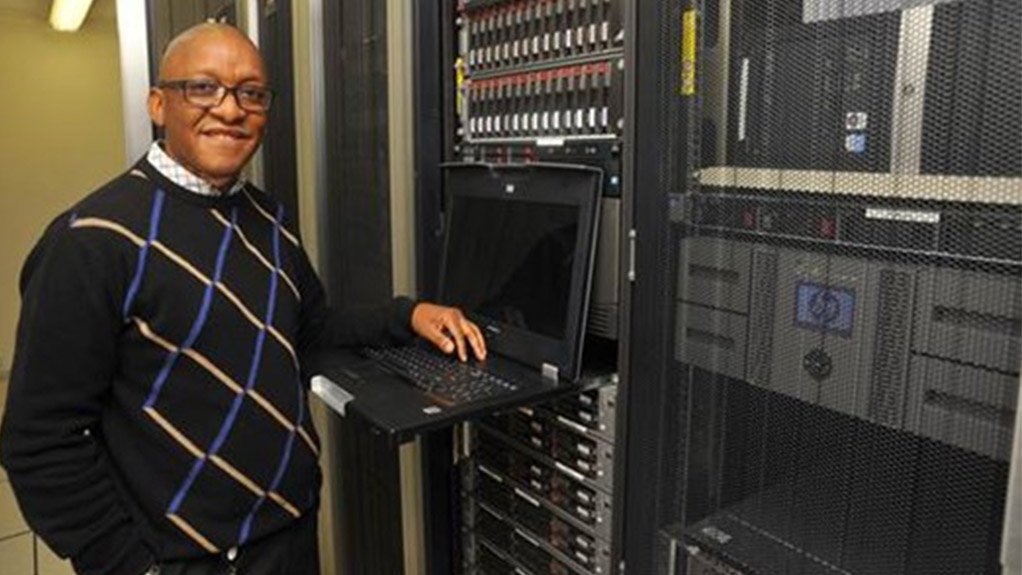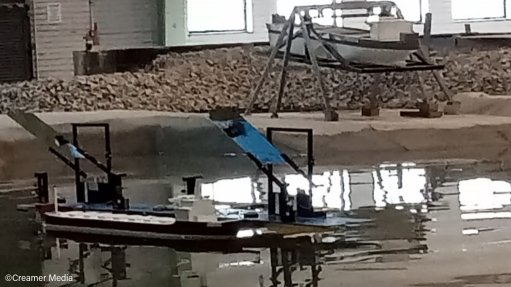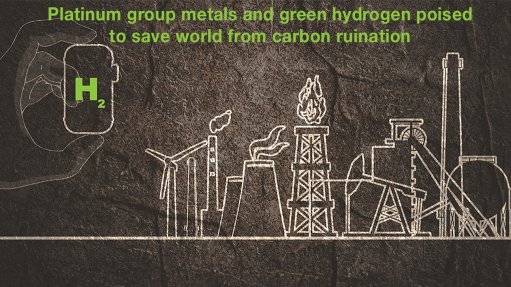Data and cost of Telecommunications: Who pays?


Monde Mawasha, Coega Chief Knowledge and Digital Officer - ICT, Research and Strategy
This article has been supplied as a media statement and is not written by Creamer Media. It may be available only for a limited time on this website.
By Monde Mawasha, Coega Chief Knowledge and Digital Officer - ICT, Research and Strategy
On the questions of who pays for data or the cost to communicate, Coega’s Chief Knowledge and Digital Officer, Monde Mawasha, writes that one can say, with no danger of irony, that the South African economy pays and will continue to pay dearly.
…I once listened to an Academic Clinician relate the access model regarding access to peer reviewed and sometimes un-peer-reviewed information. The story runs, as all tragedies do, with an Oligarchy or Monopoly being a major player. Any academic must perform academic duties, one of which is to publish articles. The researcher will gather all required resources of money, time, effort and especially, collaborators (who are mostly postgraduate students, needing to earn their academic stripes through publication or articles).
Research work is completed, and conclusions are drawn. The academic paper is then peer reviewed with a view to scientific publication in one of the two or three clinical publication platforms. The reviewers are usually experts in their fields who offer their time to critique papers for publication. The paper is then published. Anyone interested in the publication will pay the Oligarch for access to the publication through various payment methods.
Who pays?
…Or maybe, let us start with: Who derives income? It is not the researcher who needs to earn their academic stripes. It is not the collaborators or Master’s and PhD students, who gave their knowledge to be able to join academia. It is the publisher!
Who paid?
The PhD student, the researcher, and the consumer of the material!
If I, for example, spend time researching and writing this article, I will pay for the data bundle I require to conduct my research. The consumer will pay for the data bundle to access the article. The ‘telcos’ will derive income from this work because they control access as well as telecommunication infrastructure. Big tech companies will derive revenue from the use of the data using algorithms that drive your (consumer) spending behaviour, thus utilising the content. The other income accumulators are the advertisers that work with big telcos.
Public Good:
Content generated by experts who give advice, content providers who produce educational material, and linkages to partnerships and value-chains are a public good.
If we use public road infrastructure, as an example, profit generating entities use these mechanisms of Public / Common Good and derive an income from it. The environmental impact and tax debates are designed precisely because of this cost-burden asymmetry (between the taxpayer who pays for the road infrastructure on one side and the logistics companies and intermediaries that extract profit from the infrastructure, on the other side).
There is enough high-quality online content produced by competent producers, which is for the good of the public, but this is instead paid for by the public and the profits extracted by private entities.
Each school, community centre, library, health facility, low-cost housing complex, must ensure that access to online content at the basic level is provided. It is a public good. The health of the economy depends on the government providing education, crime fighting (in the affected community) and access to health information as a fundamental public good. As and when the government acquits itself of providing this good, the better the prospects will be for the economy. If it is accepted that the government has now used taxpayer money to provide this public service, there comes the matter of the consumption side of the market. Things start to degenerate quickly. For example, learners are unable to access the public good because they need to buy data bundles to access the content.
South Africa seems too content with a telecommunications service that shows clear signs of market failure. Data provision intermediaries abuse this market failure to generate profit, at the expense of the long-term sustainability of the economy.
This sounds very much like the climate change scenario where the market failure, as is clear to all and sundry, is abused for profit. What could be a virtuous cycle becomes a whirlpool that drives the economy into a downward spiral; into a snake pit of inequality when it comes to access to information, constrained access to learning material, constraints on health information and basic information to run their lives. The market is being abused through commission and omission to the detriment of the economy.
Some detractors point to criminality and vandalism as the reason that this cost needs to be levied. A cursory glance at development economics examples around the world, explicitly show communities protecting and making good use of such public good.
Therefore, when it comes to data in South Africa, who pays? The inexorable conclusion that the same people who eventually pay for climate change, the poor, the unempowered and most tragic of all, the future generations carry the highest burden of cost for data. Cost of data is regressive tax on the poor and the -to-be-born!
Comments
Press Office
Announcements
What's On
Subscribe to improve your user experience...
Option 1 (equivalent of R125 a month):
Receive a weekly copy of Creamer Media's Engineering News & Mining Weekly magazine
(print copy for those in South Africa and e-magazine for those outside of South Africa)
Receive daily email newsletters
Access to full search results
Access archive of magazine back copies
Access to Projects in Progress
Access to ONE Research Report of your choice in PDF format
Option 2 (equivalent of R375 a month):
All benefits from Option 1
PLUS
Access to Creamer Media's Research Channel Africa for ALL Research Reports, in PDF format, on various industrial and mining sectors
including Electricity; Water; Energy Transition; Hydrogen; Roads, Rail and Ports; Coal; Gold; Platinum; Battery Metals; etc.
Already a subscriber?
Forgotten your password?
Receive weekly copy of Creamer Media's Engineering News & Mining Weekly magazine (print copy for those in South Africa and e-magazine for those outside of South Africa)
➕
Recieve daily email newsletters
➕
Access to full search results
➕
Access archive of magazine back copies
➕
Access to Projects in Progress
➕
Access to ONE Research Report of your choice in PDF format
RESEARCH CHANNEL AFRICA
R4500 (equivalent of R375 a month)
SUBSCRIBEAll benefits from Option 1
➕
Access to Creamer Media's Research Channel Africa for ALL Research Reports on various industrial and mining sectors, in PDF format, including on:
Electricity
➕
Water
➕
Energy Transition
➕
Hydrogen
➕
Roads, Rail and Ports
➕
Coal
➕
Gold
➕
Platinum
➕
Battery Metals
➕
etc.
Receive all benefits from Option 1 or Option 2 delivered to numerous people at your company
➕
Multiple User names and Passwords for simultaneous log-ins
➕
Intranet integration access to all in your organisation



















